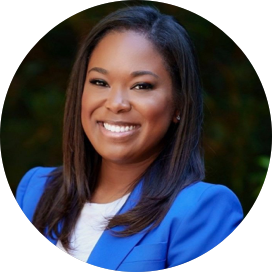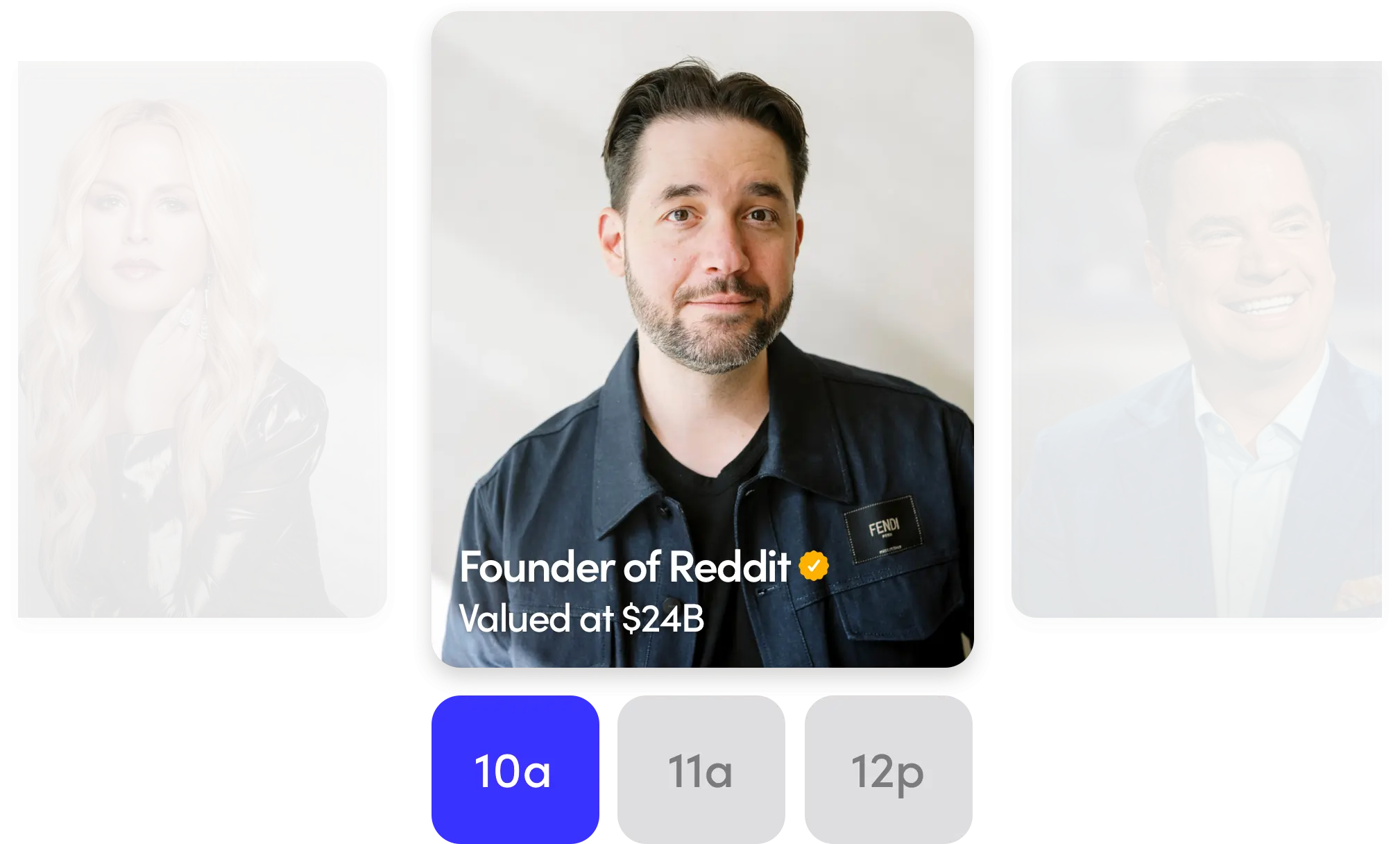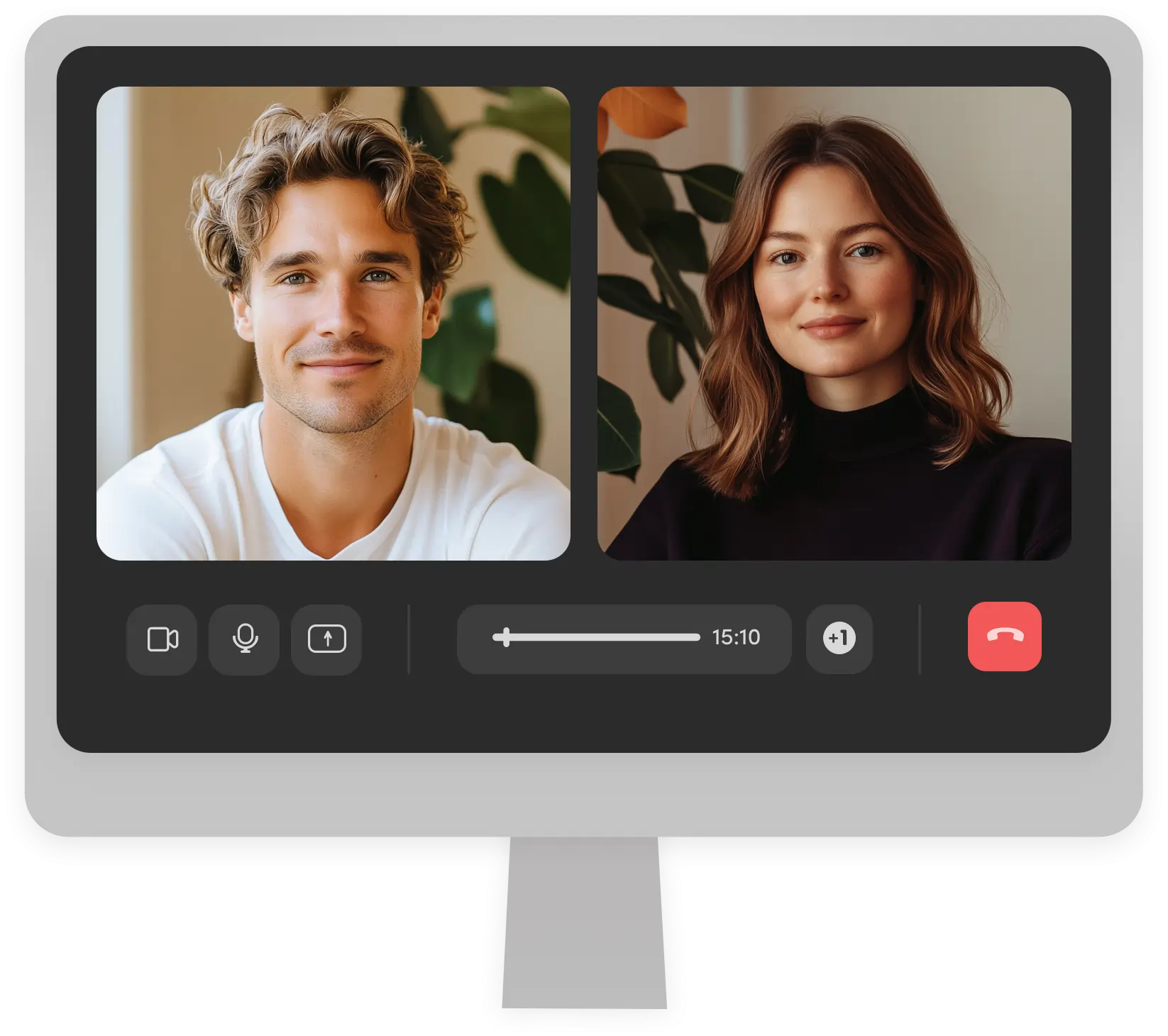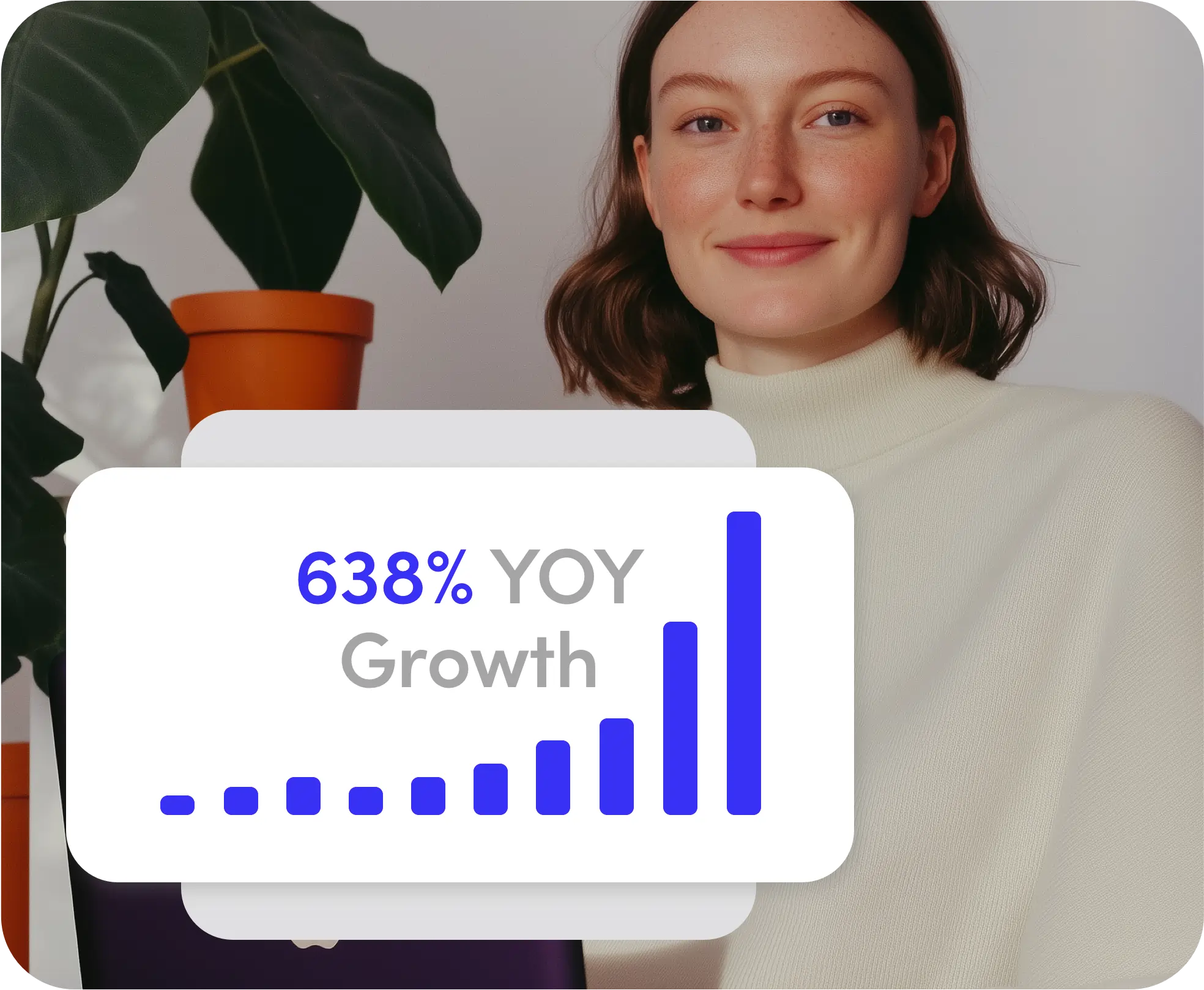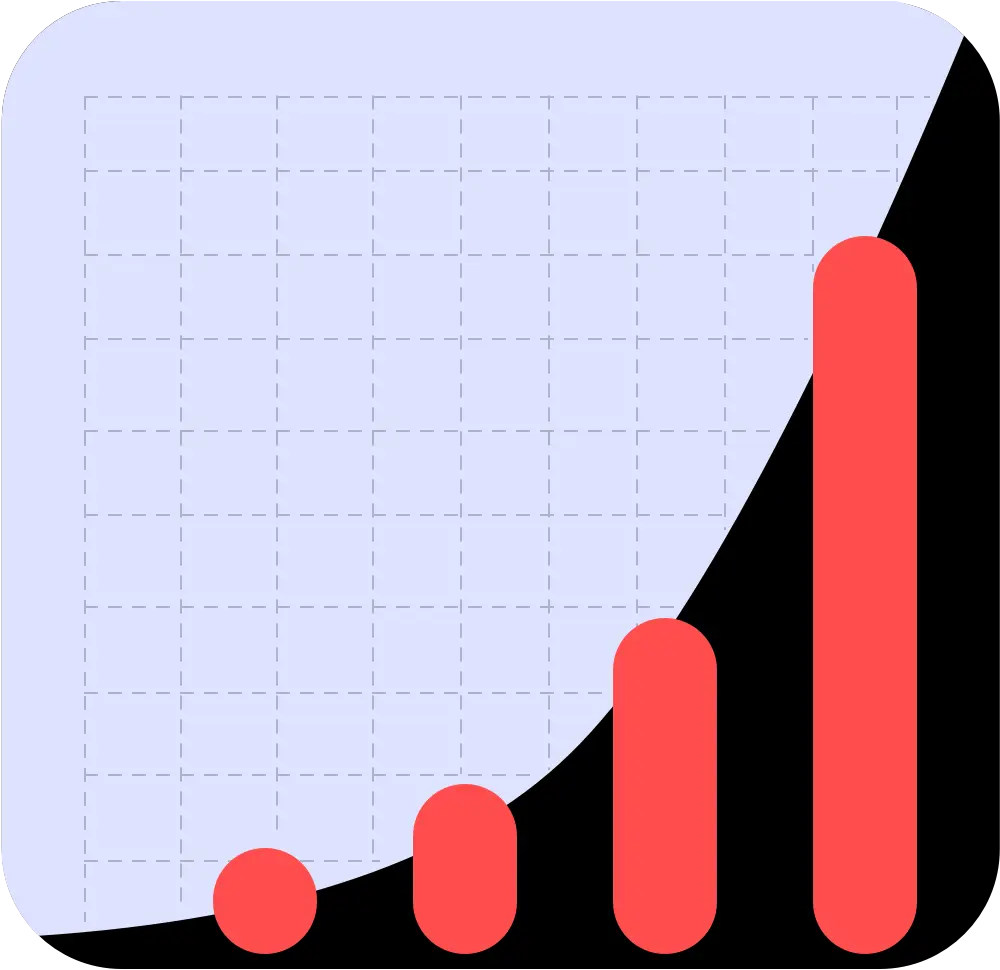Media Buyers: The Brains Behind Your Brand’s Ad Reach
Hey everyone—the Intro team here. We’re unpacking a key ingredient in any successful advertising campaign: media buyers. Ever scrolled social media and wondered how certain ads magically fit your interests, or why some brands dominate your online feed? The answer often lies with the savvy people behind the scenes—those who negotiate, strategize, and optimize ad placements for the best possible results. We’ll dive into who media buyers are, why they’re indispensable, how top media buyers excel, and when to consider bringing in media buying consultants to supercharge your brand’s reach.
1. What Exactly Is a Media Buyer?
At a basic level, a media buyer is someone who identifies the best platforms, slots, and channels to place your ads—whether that’s on social media, Google, TV, radio, or even billboard networks. But they do more than just purchase ad space. Media buyers handle everything from research and budgeting to negotiating rates and monitoring performance once the ads are live.
Typical responsibilities might include:
Market Analysis
Pinpointing where your target audience spends the most time—do they scroll Instagram Reels or tune into a popular podcast?
Strategic Budget Allocation
Deciding how to split your ad spend among channels to maximize return on investment (ROI).
Negotiation with Vendors
Collaborating with ad networks, publishers, or stations to secure the best rates and prime placement.
Performance Optimization
Monitoring metrics like cost per click (CPC), cost per acquisition (CPA), and view-through rates—then adjusting campaigns to squeeze out better results.
In essence, media buyers ensure your budget is channeled into the most effective advertising avenues. They blend analytical thinking, negotiation savvy, and an eye for new opportunities to keep your brand in front of the right people at the right time.
2. Why Media Buyers Matter for Growing Brands
You might think you could simply click “Promote” on a social platform and call it a day. But in reality, the advertising world is fast-paced and complex. Here’s why media buyers make all the difference:
Smarter Spending
With ad costs rising, guesswork can be expensive. Media buyers rely on data—like audience demographics, historical performance, and real-time analytics—to direct spending where it’s most profitable.
Platform Expertise
From LinkedIn sponsored content to local radio segments, media buyers typically know the ins and outs of each platform. They understand how to tailor creative assets and messaging to fit each channel’s audience.
ROI Focus
A media buyer’s job hinges on results. If a campaign underperforms, they optimize quickly by adjusting bids, refreshing creative, or even rethinking the channel mix.
Time Savings
Researching ad platforms, analyzing performance, and negotiating deals can be a full-time gig. Having a dedicated pro in your corner frees you to concentrate on other parts of your business.
Room for Innovation
The best media buyers aren’t just recycling old tricks. They experiment with new ad types, emerging social platforms, or interactive ad formats to keep your brand fresh.
3. Traits of the Top Media Buyers
Wondering how to spot the top media buyers? These pros tend to share a few standout qualities:
Data-Obsessed
They live and breathe analytics. Whether it’s cost per lead (CPL) or customer lifetime value (LTV), top buyers dive into numbers to pinpoint success drivers.
Negotiation Skills
Media costs can vary greatly. Top buyers know how to haggle for better packages, added-value placements, or discount rates—saving you money and expanding your reach.
Adaptability
Algorithms change, user behaviors shift, and new platforms pop up every month. Leading media buyers stay on top of industry updates and swiftly pivot campaigns when needed.
Holistic Vision
They don’t view a channel in isolation. Instead, they treat your marketing funnel as a unified system, ensuring your ads dovetail with landing pages, email sequences, and the overall user experience.
Strong Vendor Relationships
It’s easier to negotiate prime ad spots or test a cutting-edge format when you’ve fostered good rapport with publishers, ad reps, and platform managers.
4. Signs It’s Time to Hire Media Buying Consultants
Sometimes, you don’t need a full-time in-house professional. Instead, you might lean on media buying consultants who provide specialized expertise when you need it most. Here are a few scenarios:
You’re Scaling Quickly
If your startup is thriving, you might want an expert to guide you through new ad channels—without having to commit to a long-term employee.
Your Current Ads Aren’t Cutting It
Seeing stagnant click-through rates (CTR) or low conversions? A consultant can audit your existing strategy, spot inefficiencies, and propose data-backed solutions.
Entering New Markets
Launching in a new country or demographic? Media buying consultants can help tailor your approach to local preferences and popular channels.
Tight Budget, No Wiggle Room
Not ready to hire in-house? A consultant’s short-term involvement might be budget-friendly while still leveraging high-level expertise.
5. Best Practices for Media Buying Success
Working with a media buyer (or consultant) is a two-way street. Here’s how to set the stage for a successful relationship:
Define Clear Goals & KPIs
Are you chasing brand awareness, newsletter sign-ups, or direct sales? Communicate your objectives from the start so everyone’s aligned on what success looks like.
Share Past Campaign Insights
Provide historical data from any previous ad campaigns—like impressions, CTR, and conversion rates—so they have a solid baseline for strategy.
Discuss Budget and Timeline
Some channels deliver results faster than others. Align on a realistic timeframe for initial outcomes—like three months for initial testing, six months for scaled investment, etc.
Stay Flexible
Ads rarely thrive on autopilot. Empower your media buyer to pivot if a particular channel or creative flops. Iteration is part of the game.
Request Regular Reporting
Schedule monthly or weekly check-ins to review performance data, discuss new opportunities, and address any bottlenecks promptly.
6. Real-World Impact: Media Buyer Success Stories
Curious about what a great media buyer can achieve? Here are a couple of hypothetical examples:
E-commerce Boost
A niche apparel brand notices a plateau in online sales. The media buyer analyzes shopping habits, sets up a retargeting campaign on Instagram with compelling product imagery, and uses lookalike audiences to expand reach. Within three months, sales jump by 35%.
Localized Impact
A regional restaurant chain wants to drive foot traffic. A media buying consultant arranges short radio spots during morning commutes, runs geotargeted Facebook ads, and partners with a local events website. The result? A 20% lift in in-store customers over a new menu launch weekend.
These scenarios illustrate how strategic planning, precise targeting, and ongoing optimization can turn ad spend into meaningful results.
7. Final Thoughts: Why Media Buyers Matter
In an era where consumers bounce between online platforms, content streaming services, and real-world activities, getting your message in front of the right people can feel like chasing a moving target. That’s where media buyers shine—balancing a keen understanding of consumer behavior with data-driven tactics.
Whether you’re aiming to outbid competitors for top search positions, trying to break into a new social channel, or just wanting to stretch your budget, a knowledgeable media buyer can save you time, money, and headaches. And if you’re not quite ready to hire in-house, media buying consultants offer project-based or on-demand expertise to steer you toward success.
Ready to see your brand soar? Focus on finding a media buying partner who’s curious, results-oriented, and agile enough to adjust course as marketing landscapes shift. With that synergy in place, you’ll be poised to capture—and keep—the attention of the audiences who matter most to your business.





